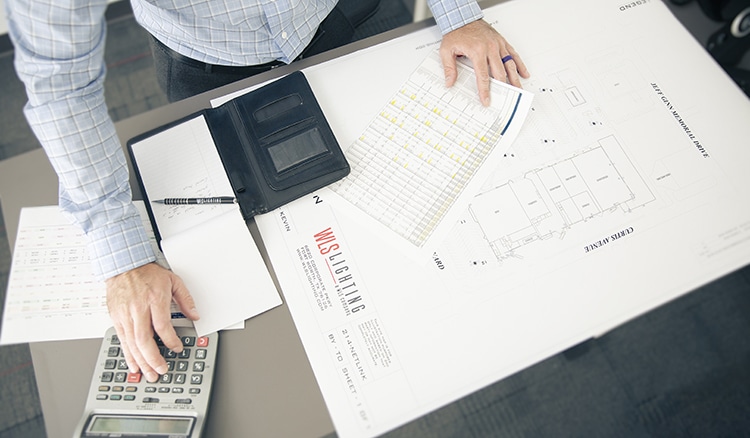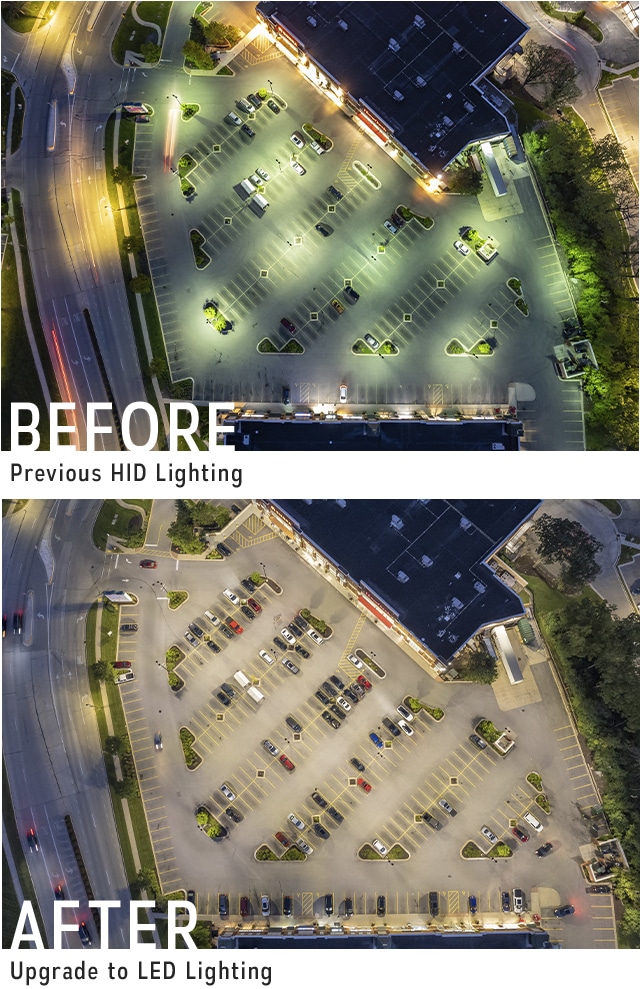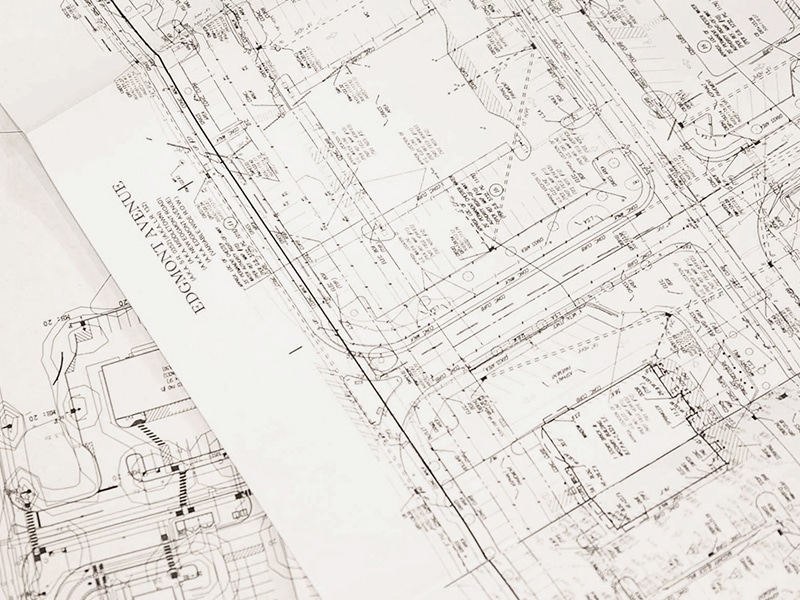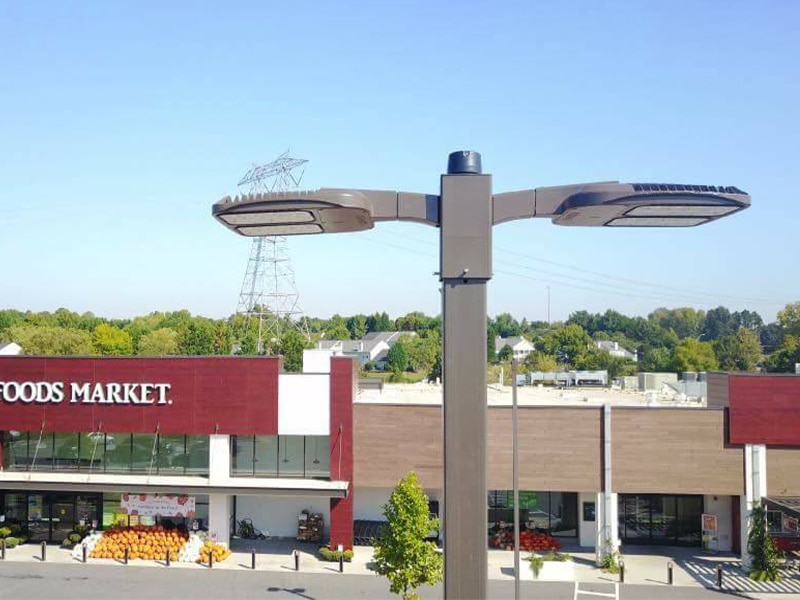
An energy audit is a comprehensive evaluation of your company’s energy usage. An energy audit is recommended to determine the energy consumption associated with a property or facility. Not only will an energy audit tell you the potential energy savings a property may achieve, but also the financial savings. An energy audit can improve your business’s cash flow by identifying areas you can cut energy costs. It can also help reduce your company’s carbon footprint by pinpointing trouble areas on buildings that are wasting energy. Here we will review the benefits of an energy audit and how it can improve your business’s cash flow.
What is a Commercial Energy Audit?
An energy audit is completed at a commercial building, property, or facility to determine its energy efficiency. Energy efficiency means using less energy to carry out business operations. The audit usually provides you with a complete electricity consumption and energy efficiency assessment.
With the information you receive from your energy audit, you can identify energy usage issues to cut electricity costs and improve energy savings. It’s always recommended to undertake an energy audit or your property before implementing or installing a new system.
Benefits of an Energy Audit
1. Personalized Expert Recommendations
Working with an industry expert can help you learn about new energy-efficient technologies you wouldn’t have otherwise known about. Industry experts who are knowledgeable in energy solutions are also familiar with the good, bad and the ugly. They know what products to stay away from and what products prove to be valuable in the long term. An energy professional will customize a proposal specific to your property or facility, recommending upgrades that will give you the most return on investment. Energy saving solutions may include updated lighting systems, new HVAC systems, weatherization measures, such as insulation and air sealing, and much more.
While some of the recommendations might have a substantial up-front cost, remember that many of them will boost your business’s cash flow by paying for themselves in a short period of time with significantly reduced energy expenses.
2. Identify Cost-Saving Opportunities

An improvement in energy efficiency can bring significant benefits. As a result of the audit process, you’ll be able to identify where energy is going to waste, implement a plan of action, and work towards consistently sustainable energy plan. Being able to reduce your facility’s energy consumption decreases the likelihood of getting hit by energy price hikes in the current (and future) variable energy market.
3. Reinvesting Financial Savings
An energy audit typically results in a predictable reduction of operating expenses, which will then translate to increased profitability for your business. The profits you see from upgrading to energy-efficient solutions can be reinvested into your property. In other words, what was once wasted money can now be used to actively improve your facility and propel its growth. Operations can also utilize its budget more efficiently in order to achieve its goals. You will ultimately avoid losing money from expenses created by energy inefficiencies.
4. Reducing Your Carbon Footprint
When you reduce the amount of energy you consume, it will reduce your carbon footprint. A carbon footprint is the total amount of greenhouse gases that are generated by our activities and energy usage. Your organization as a whole can have a carbon footprint and a facility or property can have it’s own specific carbon footprint. Fixing air leaks, proper insulation, using natural light sources, upgrading old appliances, and using less electricity for heating and other business operations can help reduce your business’s impact on the environment. Energy efficiency upgrades are a green initiative and part of a business’ corporate responsibility to be sustainable.
5. Better Health and Safety
An energy audit can also identify dangerous electrical issues at your property or facility. By identifying and rectifying potentially dangerous problems, particularly in older commercial buildings, you can work to eliminate the danger zones. Energy auditors can detect health and safety risks such as carbon monoxide from improperly operating or improperly vented combustion equipment, radon leaks, and much more. Energy audits help make your working environment safer for all.






